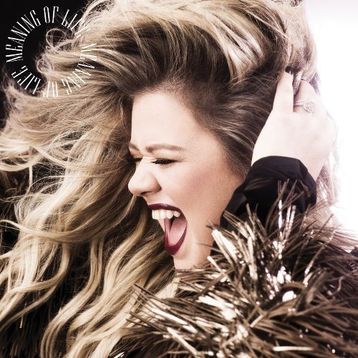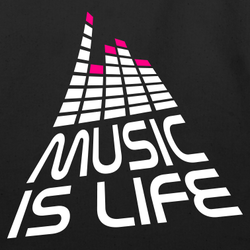
Likes: Would You Call That Love, I Don't Think About You
Dislikes: Whole Lotta Woman
Overall: Not the soul album it's promoted to be; vocal prowess is unevenly the focus
I've gotten to where I don't want to hear or read promotional interviews for upcoming albums, because it's so exasperating when the end product doesn't match the anticipation-triggering descriptions. Last summer, Kelly Clarkson announced that she inked a deal with Atlantic Records after her American Idol contract with RCA was alas fulfilled. Ever frank about her creative battles with her former label, she described the partnership as an "arranged marriage" and her 14-year-old discography as "suppressed." She gushed that she'd finally be able to do a project she and her fans have always wanted: a soul-spun record. I was elated, to say the least. Clarkson's husky and effortlessly affecting voice was built for the sphere of soul, blues and R&B. Unlike many, she's never had to strive for the delivery that characterizes the genres. Further, she has a knowledge of and a respect for their identities. She's also a bona fide songwriter, and the last time she was allowed to steer her own ship, she made an album that saved my life: My December.
Taking all that into account, it was befuddling and disappointing that Meaning of Life wasn't really that soulful and sounded impersonal. Once more, Clarkson had the tools to do core or traditional soul, but she played it safe. Though songs like "Whole Lotta Woman," "Cruel" and "Slow Dance" are more overtly propelled by soul, blues and R&B, most are just peppered with them. Pop is still very much the foundation here. "Whole Lotta Woman" is aggravatingly contrived. Stylistic pretense aside, the musical production is brisk, with pronouncing and lush instrumental arrangements. Jesse Shatkin and sibling-duo The Monarch are the central producers. Shatkin was a co-collaborator on Sia's "Chandelier" and worked on Clarkson's Piece by Piece. The Monarch (Sean and Andre Davidson) have frequently partnered with Chris Brown, DJ Khaled and Meek Mill.
The lyrics have their bromides, but merit and interesting angles (ex. "Medicine," "Slow Dance") help them stand. "Move You" is pretty cheesy, but when you concentrate on how its sentiments apply in your own life, you might be...moved. Despite any value the material holds, there's a strange disconnect between it and it's executor, Clarkson. Her vocal performance isn't unconvincing or withdrawn. In effect, she's so blistering and feisty, you can hear how much fun she's having (I better remembered ad-libs than words). Yet, you don't get the sense of an intimate stake. When I looked at the liner notes, I realized why that could be: she only co-wrote 4 songs. She allegedly has artistic license for the 1st time in her career, but she leans on pop and only does 4/15 tracks? Weird. If I didn't know any better, I'd think nothing changed.
Between the mild genre fluctuation and minimal "on-paper" input, one could suppose that the Meaning of Life for Kelly Clarkson was supremely about vocal freedom. On this record, she could rip and roar differently and comfortably in a way that she couldn't within the confines of patent pop and pop-rock. After all, she did tell the Toronto Star: “Really, my goal was to showcase my vocals so people will stop telling me, ‘My God! I didn’t know you could sing!’” For crying out-loud, you won a singing competition. Conceiving an album around the opinion of imbeciles led to disadvantageous tunnel-vision on vocals. Affability, personalization and accurate advertisement were matters left behind.


 RSS Feed
RSS Feed